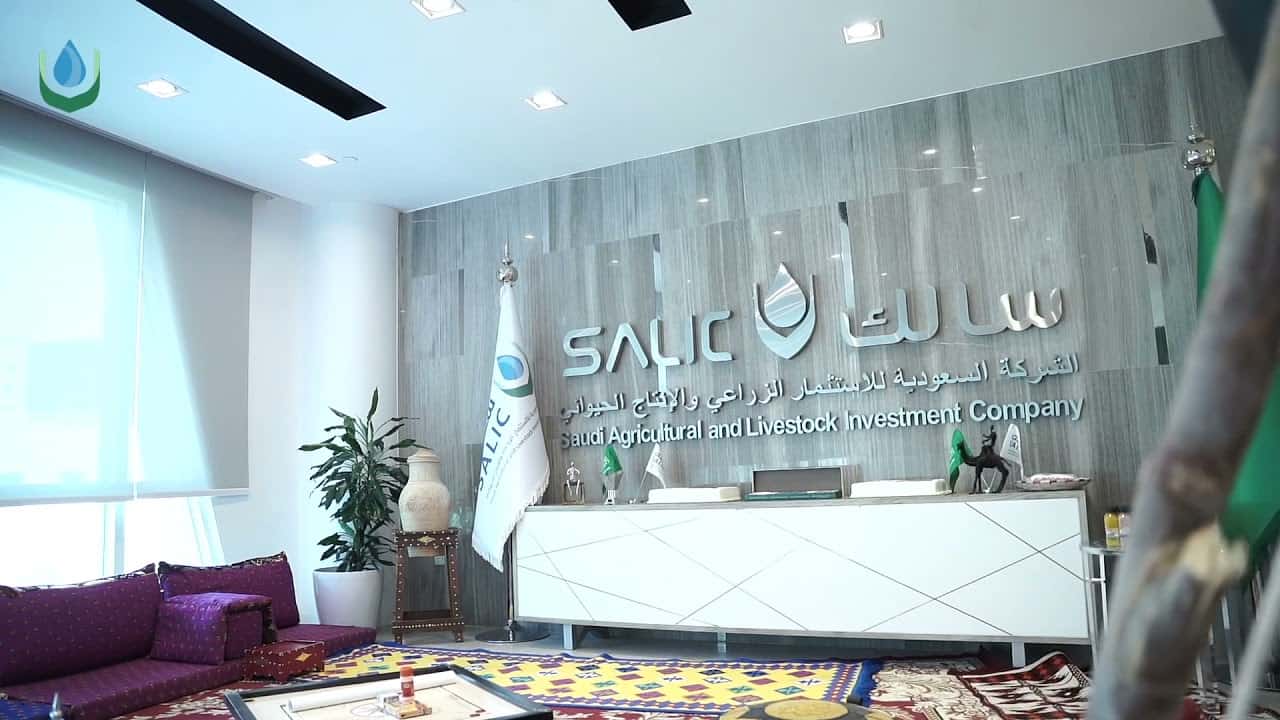Riyadh, Saudi Arabia—The Saudi Agricultural Investment and Livestock Production Company (SALIC) has acquired the acquisition of 35.43 percent of Olam Agricultural Holding Company for 4.65 billion riyals ($1.23 billion).
The agreement for the acquisition was signed last March by SALIC, which is wholly owned by the Public Investment Fund.
The CEO of Salik Group, Eng. Sulaiman bin Abdul Rahman Al-Rumaih, stated that the company was able, during the past months, to obtain the necessary approvals from the relevant authorities to complete the deal with Olam Agricultural Holding Company.
He said the two companies will work on integration and joint cooperation to contribute to meeting the growing global demand. on food.
Al-Romaih added the acquisition deal is a step to achieve Salik’s vision towards leadership in the field of food security in line with the national strategy for food security and the aspirations of the Kingdom’s Vision 2030.
The strategy is through expanding and diversifying foreign investments in countries with a comparative advantage.
Olam Agricultural Holding Company, headquartered in Singapore, is one of the world’s leading companies in the field of grains, rice, fodder and edible oils.
It is present in more than 30 countries around the world and has the capacity to handle more than 40 million tons of food commodities annually.








